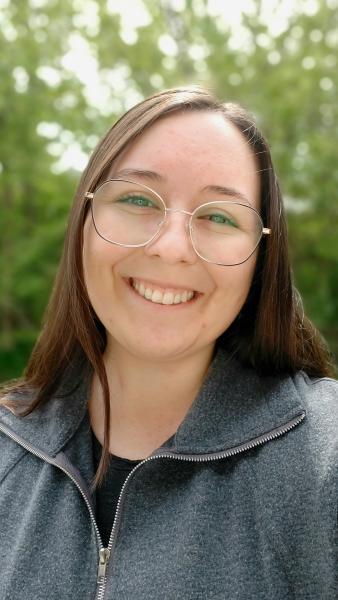Health Promoters in Central Zone are creating space for transformational conversations about substance use through Substance Use Disorder Support Education

Substance Use Disorder Support Education (SUDSE) is an interactive day-long session centered on transformational conversations about substance use, substance use disorders, addiction, harm reduction, and supporting those in our community.
SUDSE is a facilitated experience designed with first-voice perspectives whereby participants learn from each other through discussion and exchanging knowledge with other participants. Substance use and substance use harms are prevalent in Nova Scotia, but many individuals do not receive the help they need because of stigma and lack of support. The sessions aim to foster supportive environments, reduce stigma, and further open dialogue around substance use harms. Participants come together from various backgrounds including passionate community members, local non-governmental organizations, front-line healthcare staff, health promoters, university faculty and staff, and community health boards.
This session is not a training but rather is designed to support participants in having conversations about substance use, incorporating experimental learning with content delivery throughout four modules:
- Module 1: Stigma and Beliefs centers around an activity where participants use short case scenarios to reflect on biases and assumptions held about substances and substance use, followed by an open discussion about stigma.
- Module 2: Culture of Substance Use is comprised of activities and discussions about the prevalence of substance use in our communities, with a particular focus on the impacts of alcohol industry normalization.
- Module 3: Addiction and the Spectrum of Harm centers on defining substance use disorders (SUD) and addiction; small group activities are used to help participants understand and describe the individual experience of addiction. A resource is provided to encourage person-first language when discussing substance use.
- Module 4: SUD as a Health Issue builds on the other modules to create a better understanding of substance use as a health issue. This module includes a case scenario activity for participants to reflect on the social and structural determinants of health that contribute to SUD and addiction.
At the end of each session, participants are asked to make personal commitments relating to substance use in their work in the future via a fill-in-the-blank style survey where participants could identify something actionable for them to do within their organizations to improve support for people with SUD or addiction This action could be anything from “I will start a conversation with colleagues about our organizational practices that could support people with SUD,” “I will review our organization’s definition and policy for substance use,” or “be mindful of my biases and how they impact the people I support.”
The future of SUDSE is bright. Conversations with Health Promoters from the Northern, Eastern and Western zones are underway to determine the potential to expand SUDSE provincially, including relevant events and conversations related to substance use. Alyce Casey, Central Zone Health Promoter and the current coordinator of SUDSE shared: “The conversations facilitated through SUDSE are invaluable. Participants learn from each other because the activities focus on drawing out the expertise in the room. I think these conversations should be held in community, but also across Nova Scotia Health, both with existing staff and when onboarding new staff. We can all be a part of building supportive environments to help our communities, and the people who live in them, be mentally well.”